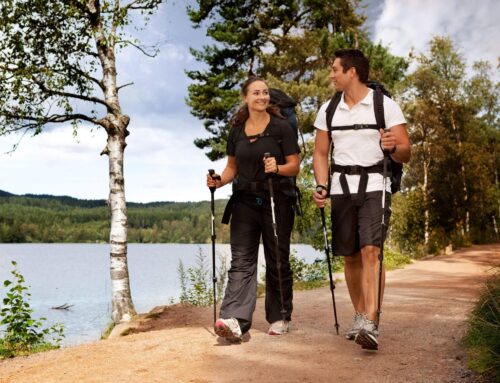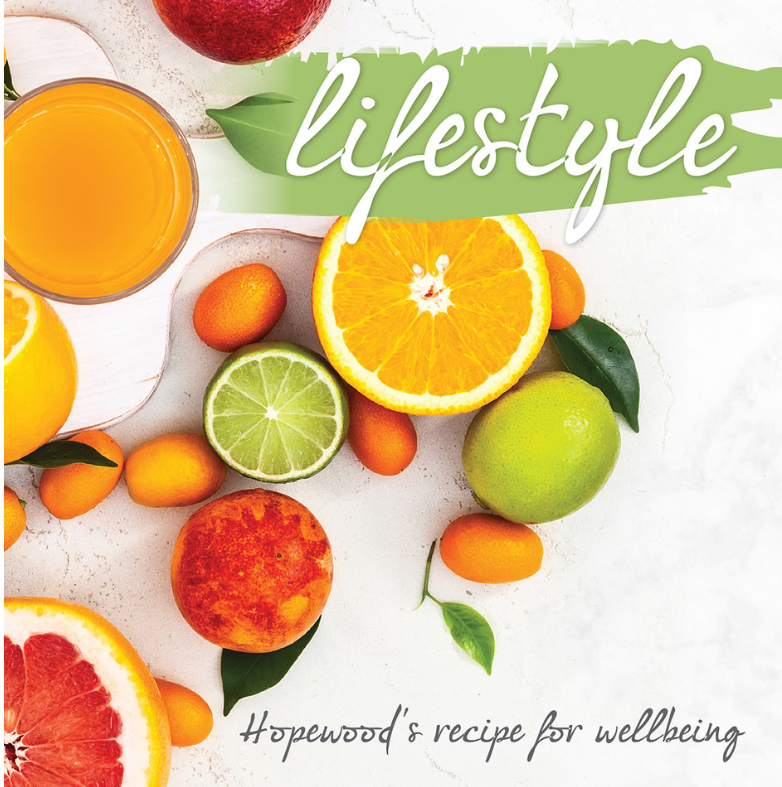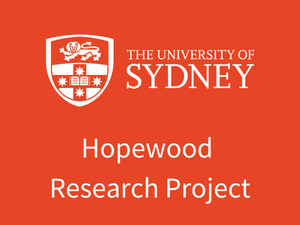How to combat compassion fatigue

As our country continues to burn, it’s no surprise we are constantly confronted with traditional and social media’s content, exposing the environmental devastation, wildlife, houses and lives lost, as well as the long-term effects this will have on Australia and the world as a whole. As a result, it can be incredibly overwhelming so staying emotionally, mentally and physically strong, positive and empathetic is challenging.
We look at the terms “Compassion Fatigue” and “Climate Change Fatigue” and explore what they mean and what we can do to combat them.
Coined by Charles Figley in 1995, “Compassion Fatigue is a state experienced by those exposed to and/or helping people or animals in distress; it is an extreme state of tension and preoccupation with the suffering of those being helped to the degree that it can create a secondary traumatic stress for the helper.”
According to Jill Suttie, Psy.D., “Doomsday predictions of flooding coastlines, destructive storms and fires, and devastating species extinctions—repeated over and over in the press” can lead to a climate crisis fatigue or “apocalypse fatigue”. Suttie explains, “in the face of these overwhelming messages, even well-intentioned people may start to avoid conversations around seeking solutions.”
Ultimately, as a person becomes overexposed to bad news, negative stories or data, they can become more indifferent toward that type of suffering. So how can we prevent falling into either of these two states of thinking and feeling and turn fatigue into personal and societal action?
Self care
Eat well, move and rest. How we treat our bodies has a huge impact on our mental wellbeing and strength to push forward. A vegetarian diet high in fruits and vegetables will help restore energy and nutrients that fuel our brains.
Physical activity is particularly important to our mental health. It helps boost endorphin levels and enables our bodies to better regulate levels of stress hormones like cortisol.
Rest and sleep also reduce depression and anxiety and effectively combat stress.
Be a part of nature
Evidence shows that nature can help increase feelings of happiness, support creativity and develop compassion.
According to upliftconnect.com “experiencing the awe of nature can even help us make better, more ethical and generous decisions about difficult problems”.
Find your network
Meaningful social networks are incredibly important to our mental health. We are more likely to recover from negative experiences and/or negative news, through connection, bonding, and social interaction.
Get involved with climate advocacy organisations and make a difference on a local, state or national level. Not sure where to start? Below is a list of leaders in this space:
1 Million Women
Building a movement of women and girls acting on climate change through the way we live
Australian Conservation Foundation (ACF)
Australia’s national environment organisation, speaking out, showing up and acting for a world where forests, rivers, people and wildlife thrive
Australian Firefighters Climate Alliance
A platform for Australian volunteer and professional firefighters to come together and advocate for stronger action on climate change
Extinction Rebellion
Our lives have meaning when we follow our conscience and fight to protect what we love. XR asks others who feel the same way to join their peaceful Rebellion.
Get Up
Works towards a thriving democracy in Australia led by the values and hopes of everyday people. Regularly features environmental campaigns
Market Forces
Exposes institutions financing environmentally or climate-destructive projects and works with the community to prevent investment in projects that would harm the environment and drive global warming
Change the narrative
Whilst it’s important to be well informed of the news, whether it be the bad or the ugly. There is a place for the good, the inspiring and the motivational.
Norwegian Parliament representative, psychologist and economist Per Espen Stoknes explains if we are inundated with the threat of catastrophe, people tend to feel fear or guilt or a combination, “They make people disconnect and avoid the topic rather than engage with it.” Stoknes says there are three frames that seem to create more engagement and work much better than catastrophe framings or other negative framings:
1. Speak about Climate Change and its impact on health, in particular for the vulnerable like the elderly and children.
2. Speak about Climate Change and designing a future prepared for disaster. “It’s about being prepared or ready in case something goes in the wrong direction—a risk management approach”.
3. Speak about opportunity for new and smarter designs for cities, buildings, food sources, energy systems and transportation systems, “and all the opportunities that empowerment from these technologies gives us for better lives.”
If we are able to change the way we speak about climate issues, there is less fear and guilt attached to it, and instead, a sense of “collective efficacy” and perhaps the message that we can do something together as a community.









